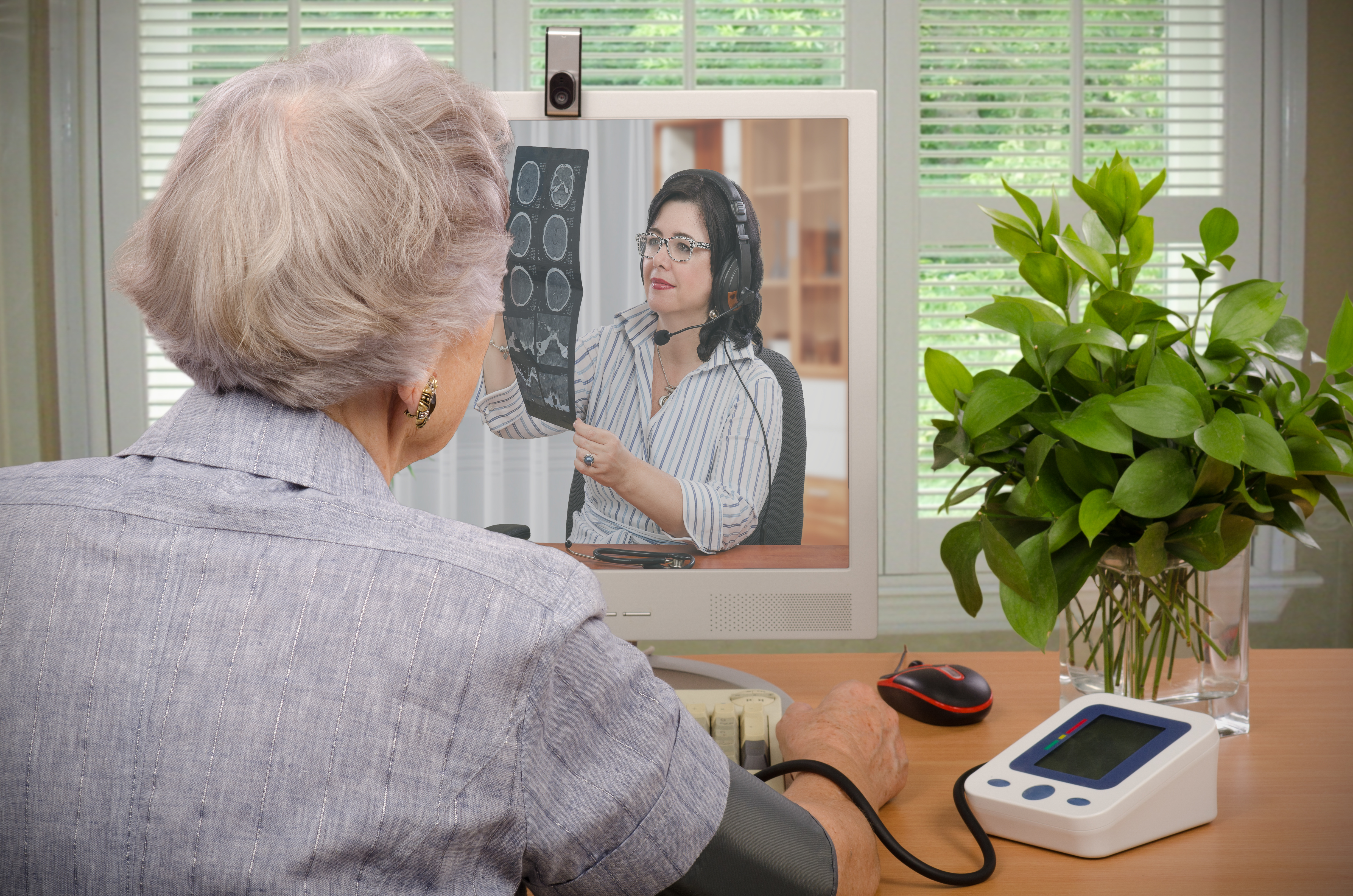AARP Hearing Center

Over the course of the COVID-19 pandemic, telehealth has solidified itself as a convenient and safe way to see physicians in your time of need. With just the press of a button on your phone or computer, you can connect with a doctor without the hassle of commuting, sitting in a waiting room, and paying in-person fees. However, with the introduction of the COVID-19 vaccine and re-opening of doctor’s offices to the public, is the future of telehealth in jeopardy?
After over a year of living in a pandemic world, Americans have grown accustomed to telehealth appointments. In a recent survey by Sykes, 87.82% of Americans surveyed want to continue using telehealth services for non-urgent appointments after the COVID-19 pandemic has passed. Additionally, nearly 80% said that they believe it is possible to receive quality healthcare through a telehealth visit.
Medicare also expanded their coverage last year, allowing all enrollees to use telehealth as a form of medical care. The unfortunate catch is that this coverage will end when the COVID-19 pandemic is no longer a public health emergency, alienating some Americans with disabilities, who are low income, or live in communities of color. According to a study by the Kaiser Family Foundation, nearly half of Medicare beneficiaries utilized telehealth between the Summer and Fall of 2020.
There are many benefits of telehealth that make it a worthwhile feature to keep around after the pandemic ends. While doctors lack the ability to perform physical tests like checking one’s lungs or kneecaps, there are plenty of different perks for Americans 60 and older. First off, it saves time. There is no commute to an office, and you can take your appointment anywhere in your home. Secondly, it’s convenient to have your doctor available to you via phone at all times. Telemedicine is also a way to get a quick and easy diagnosis on symptoms and will prevent an in-person doctor’s visit unless there’s a serious issue.
Currently, the COVID-19 Public Health Emergency Declaration is still in effect. It’s unknown what may happen to telehealth once the world returns to normal, but it appears that many Americans of all ages are relying on it as a new way to visit their doctors. To learn more about telehealth during the COVID-19 pandemic, please visit AARP’s Telehealth Center.































































